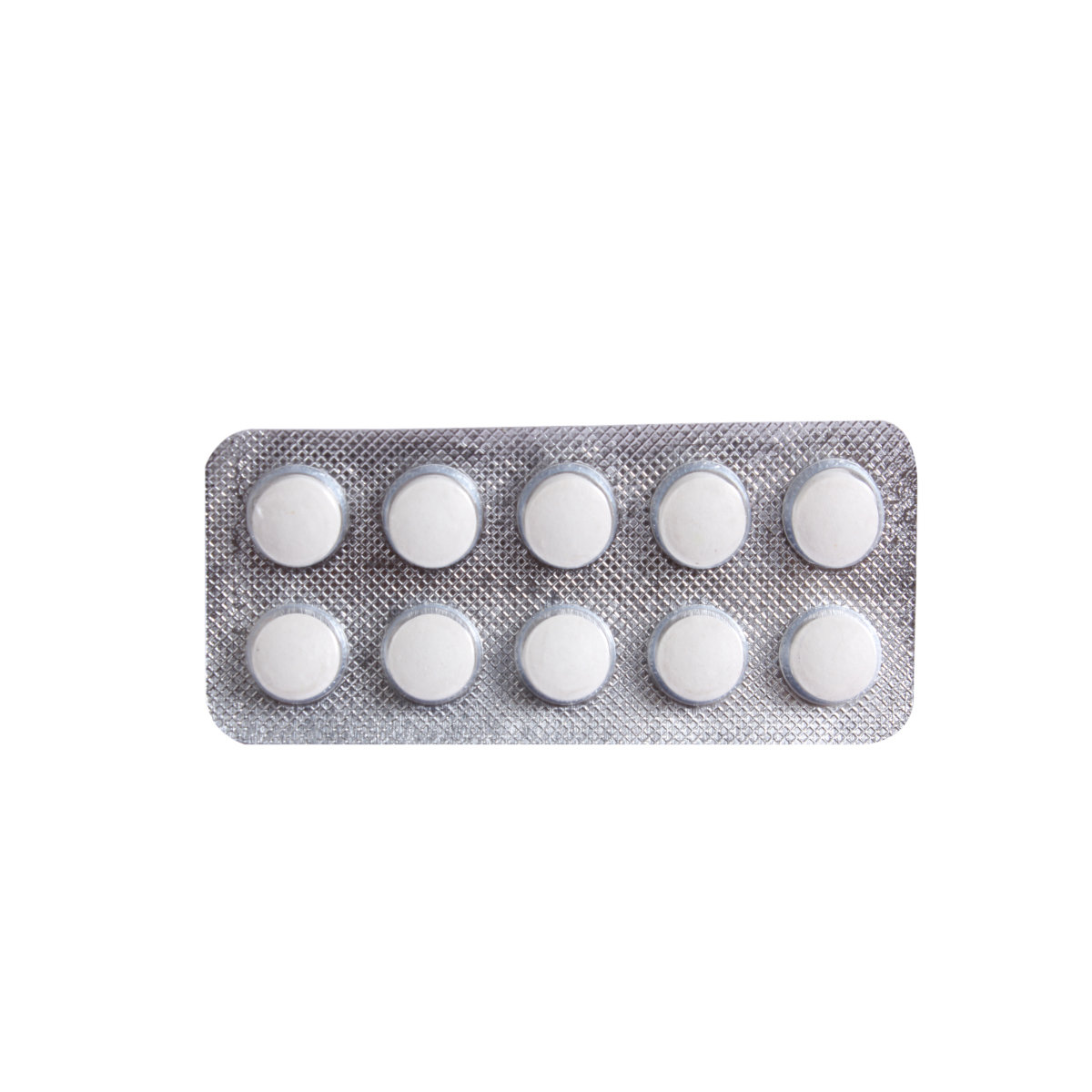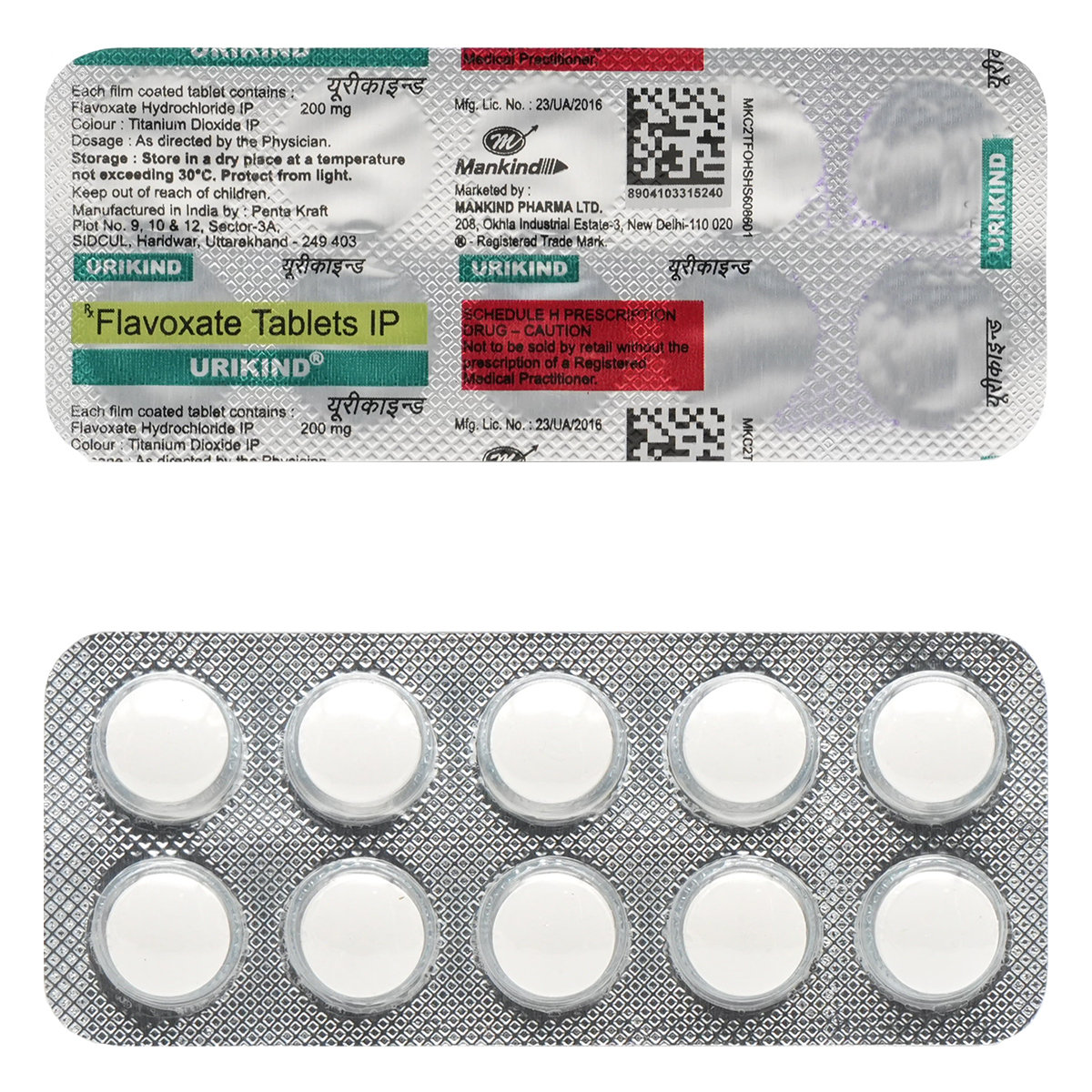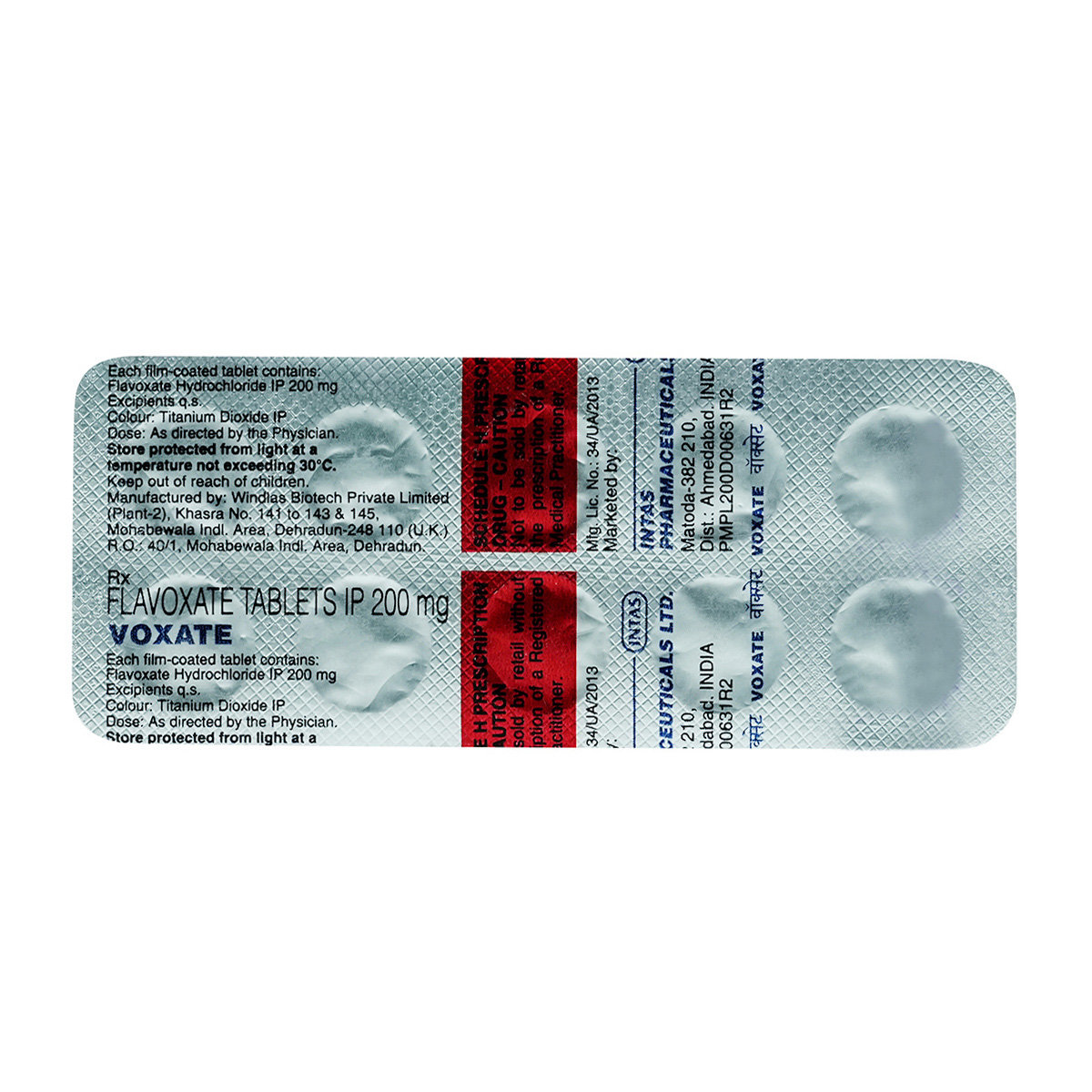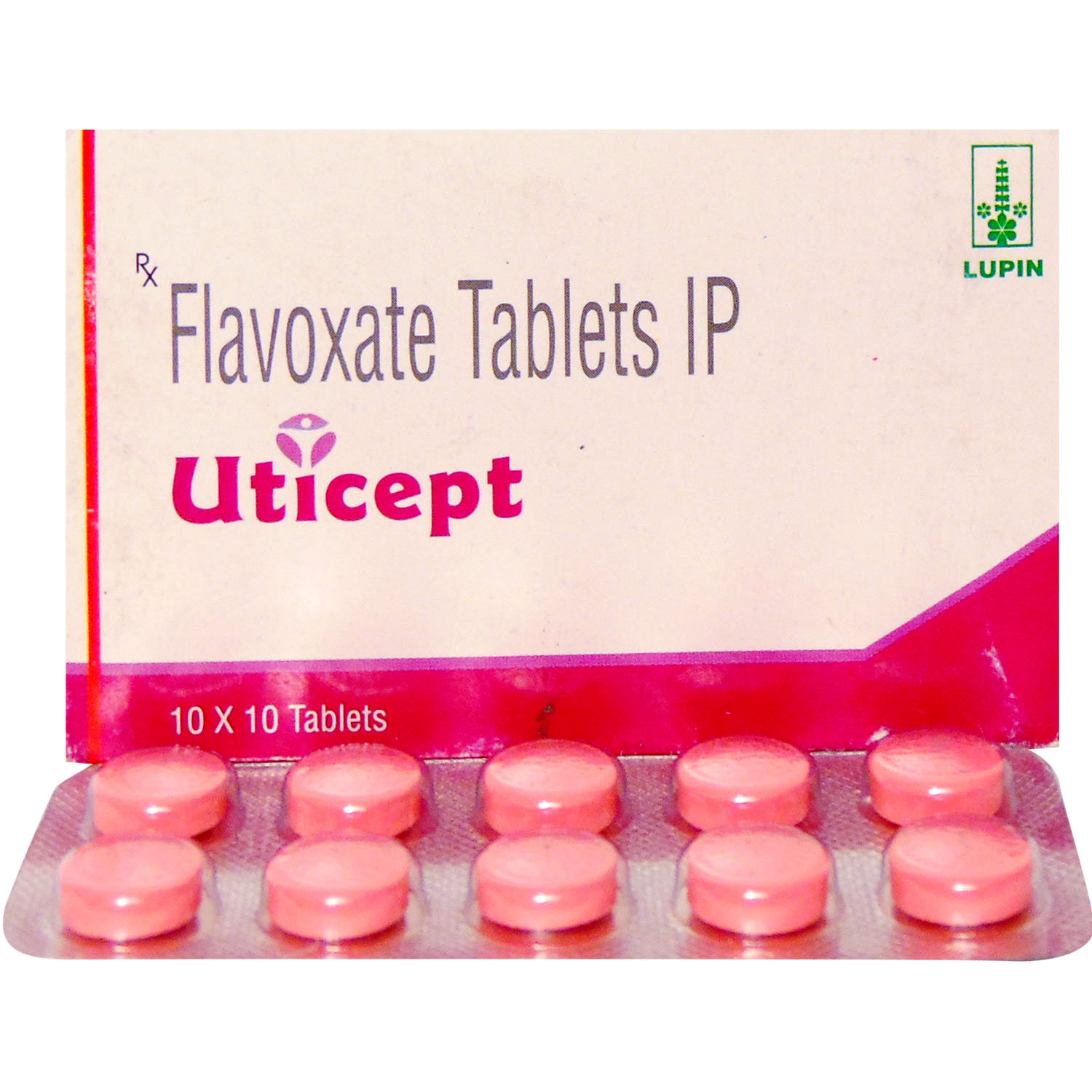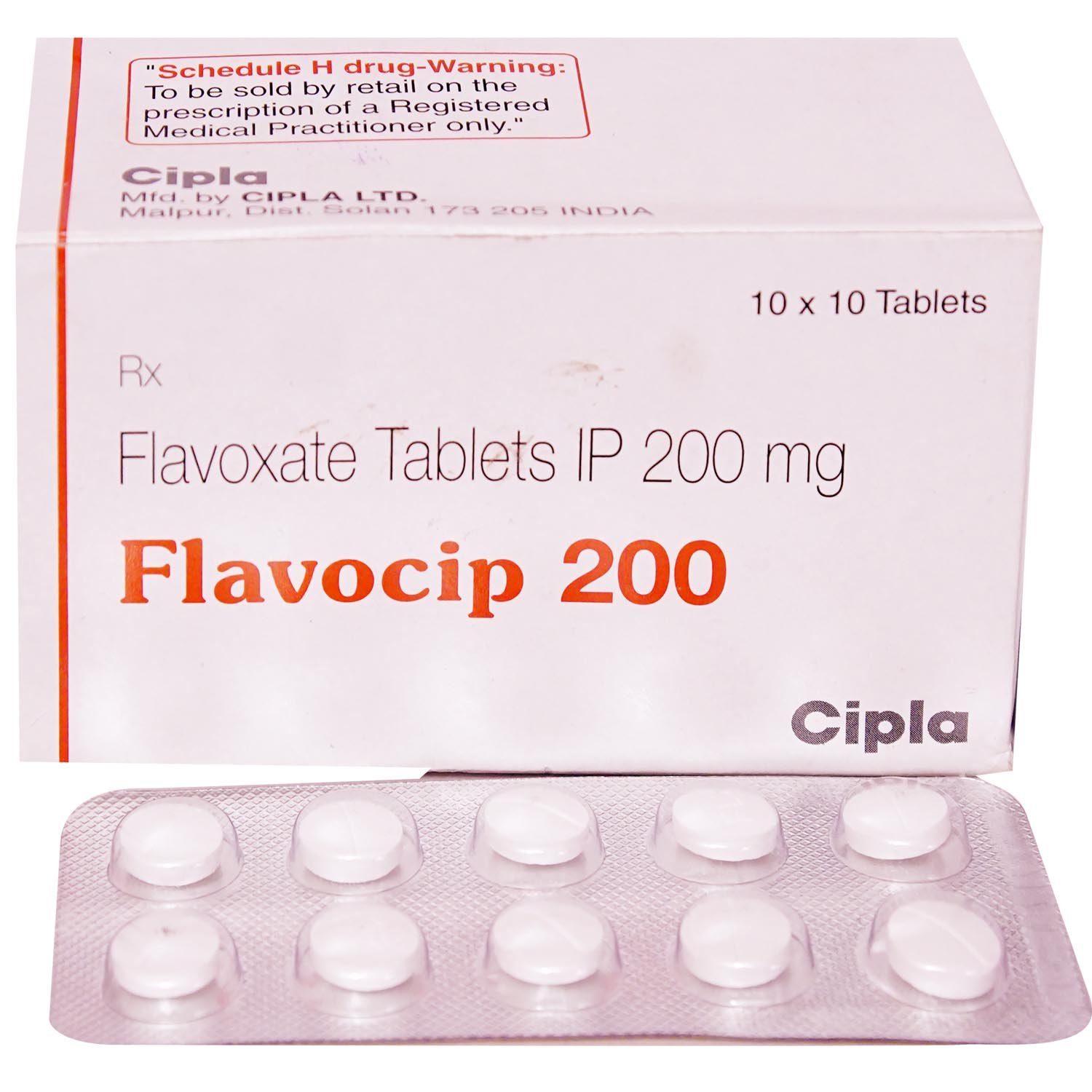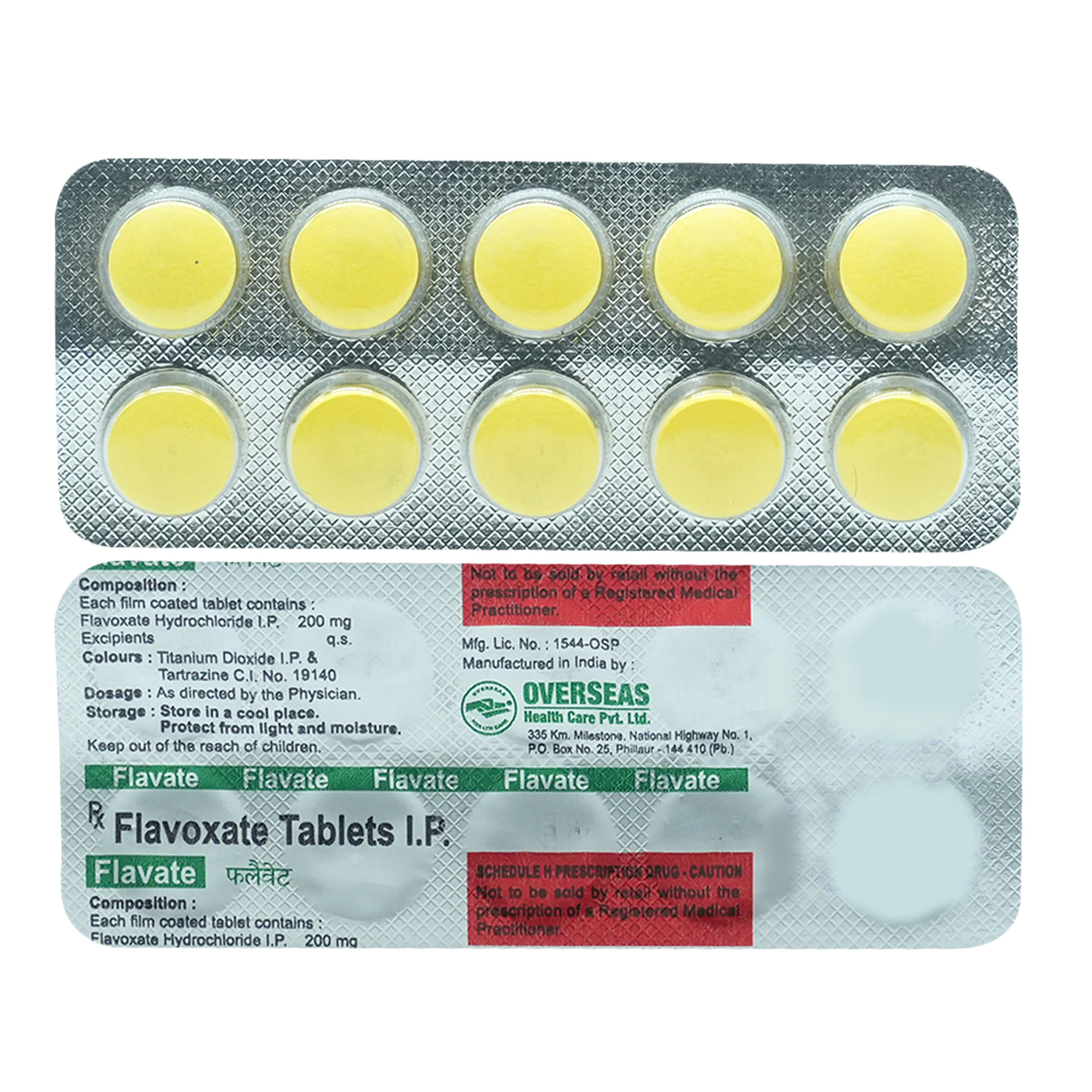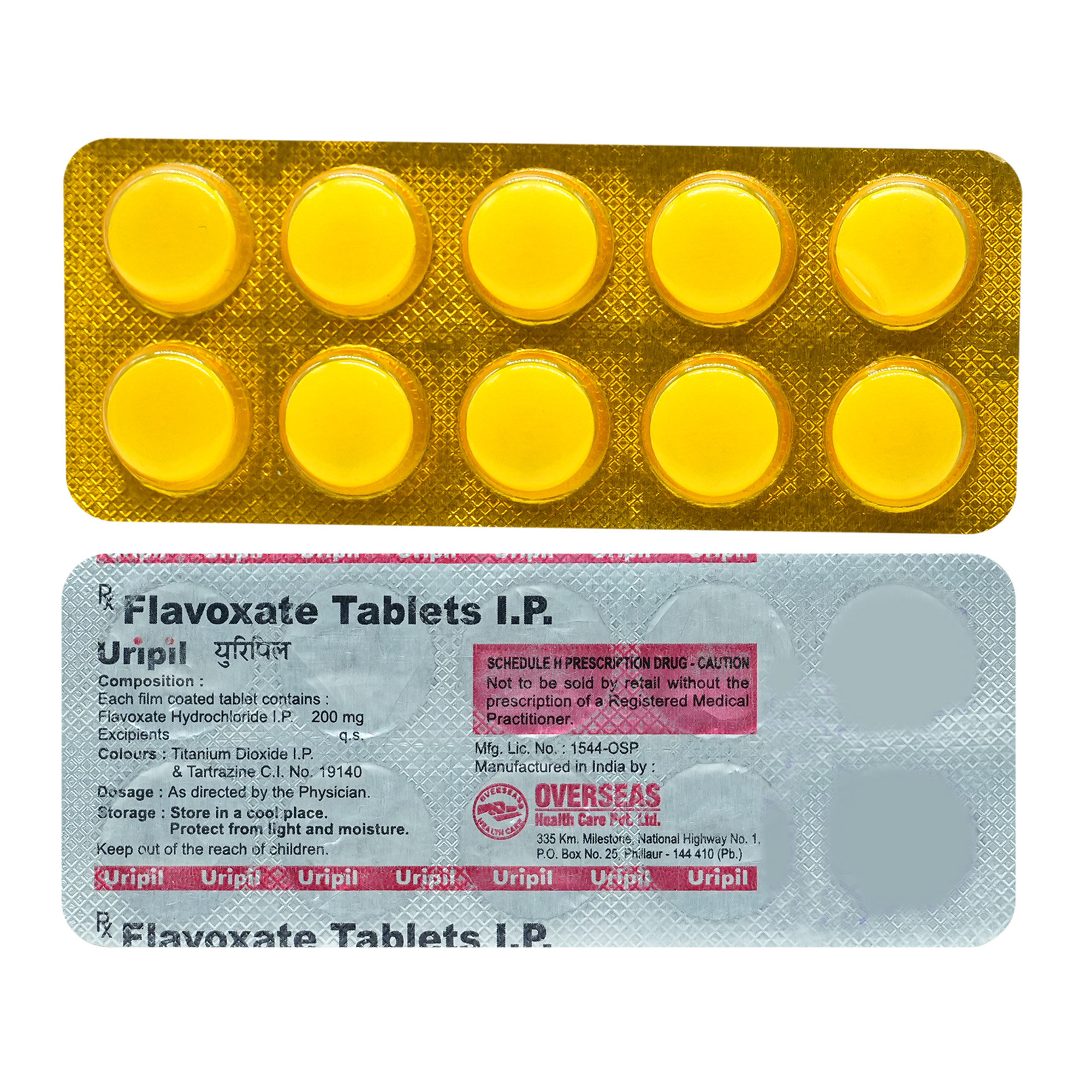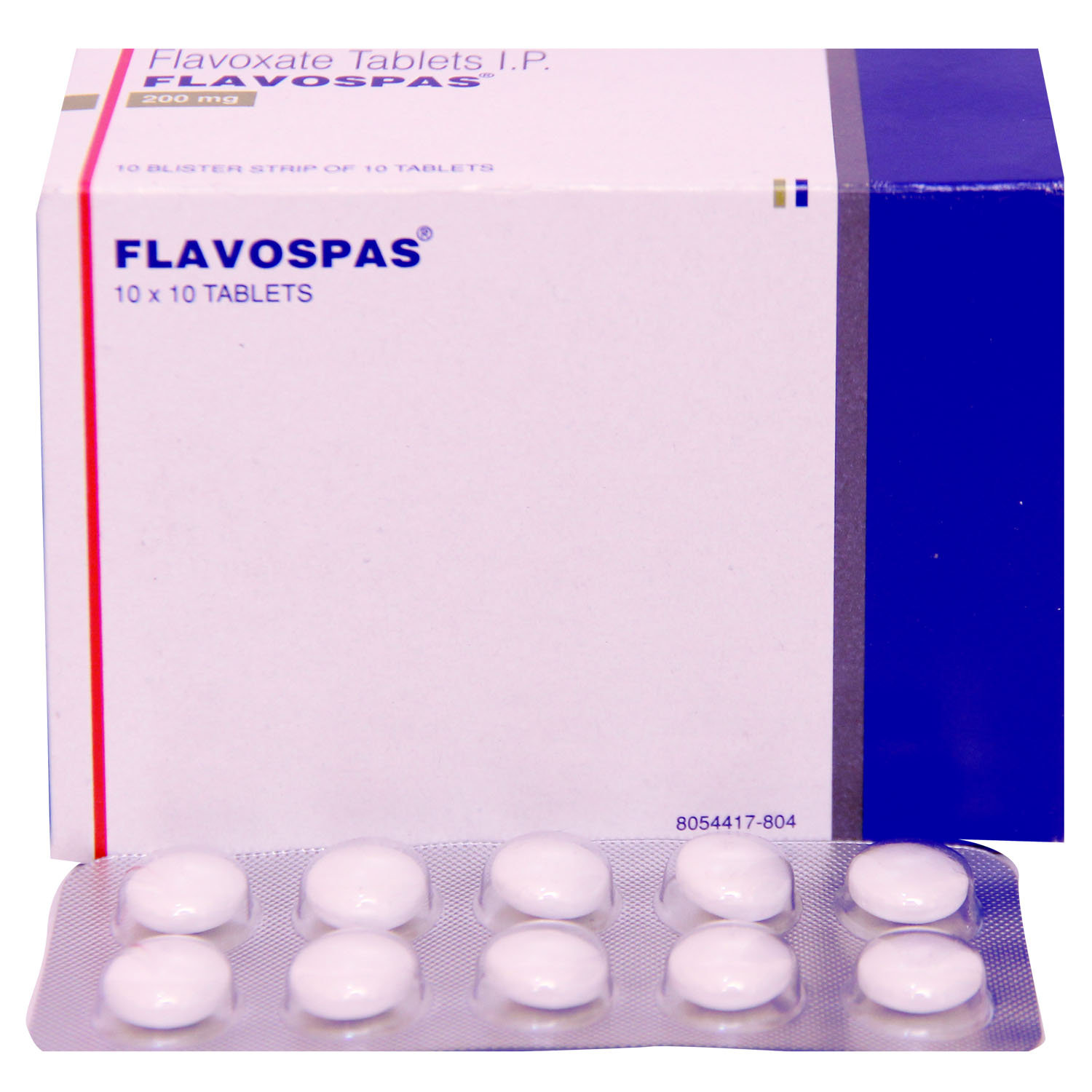- Home
- Axovol 200mg Tablet
Axovol 200mg Tablet Substitute
Axovol 200mg Tablet Substitute
Medicine Composition:
FLAVOXATE-200MGAll Substitutes & Brand Comparisons
RX
Uriflax Tablet 10's
₹140
(₹12.6 per unit)
26% CHEAPERRX
Flavotary Tablet 15's
Votary Laboratories (India) Ltd
₹210.5
(₹12.63 per unit)
26% CHEAPERRX
Urivel 200Mg Tablet 10'S
Leeford Healthcare Ltd
₹140.5
(₹12.65 per unit)
26% CHEAPERRX
Flavomark 200 mg Tablet 10's
Unimarck Healthcare Pvt Ltd
₹185.5
(₹16.7 per unit)
2% CHEAPERRX
Urikind Tablet 10's
Mankind Pharma Pvt Ltd
₹209.5
(₹18.86 per unit)
10% COSTLIERRX
VOXATE 200MG TABLET
Intas Pharmaceuticals Ltd
₹215
(₹19.35 per unit)
13% COSTLIERRX
Uticept Tablet 10's
Lupin Ltd
₹222
(₹19.98 per unit)
16% COSTLIERRX
Zyflav Tablet 10's
Zycris Healthcare
₹234
(₹21.06 per unit)
23% COSTLIERRX
Uzil Tablet 10's
Eris Life Sciences Ltd
₹250
(₹22.5 per unit)
31% COSTLIERRX
Flavocip 200 Tablet 10's
Cipla Ltd
₹250.5
(₹22.55 per unit)
31% COSTLIERRX
Flavate 200 mg Tablet 10's
Overseas Health Care Pvt Ltd
₹274.5
(₹24.71 per unit)
44% COSTLIERRX
Uripil 200 mg Tablet 10's
Accra Pac India Pvt Ltd
₹274.5
(₹24.71 per unit)
44% COSTLIERRX
Flavospas Tablet 10's
Torrent Pharmaceuticals Ltd
₹283.5
(₹25.52 per unit)
49% COSTLIERRX
URIFREE TABLET
TTK Healthcare Ltd
₹298.5
(₹26.87 per unit)
57% COSTLIERRX
URISOL 200MG TABLET
Maddi Pharmaceuticals
₹329
(₹29.61 per unit)
73% COSTLIER

When Should You Consider Switching from Axovol 200mg Tablet?
Patients may explore substitutes in the following scenarios:
- High monthly cost of Axovol 200mg Tablet
- Non-availability in local pharmacies
- Generic recommendation by a doctor
- Side effects or better tolerability with alternatives
What to Know Before Switching
Before you switch from Axovol 200mg Tablet to another medicine, here are some important points to keep in mind:
Same salt, different brands:
Most substitutes contain the same active ingredient - FLAVOXATE-200MG, but the fillers, coating, or manufacturing quality may vary slightly.
Consult your doctor first:
Even if the salt is the same, your doctor can confirm if the substitute is right for your condition, dosage, and health history.
Watch out for allergies or reactions:
Some people may react differently to certain brands due to inactive ingredients. If you notice any side effects, inform your doctor immediately.
Price ≠ effectiveness:
A lower-priced substitute doesn't mean it's less effective. Many generic medicines work just as well as branded ones.
Check the dosage form and strength:
Always match the substitute’s strength (e.g., 5mg, 10mg) and form (tablet, capsule, syrup) with what your doctor prescribed.
Uses
Medicinal Benefits
Axovol 200mg Tablet belongs to a group of medicines called ‘Antispasmdics’ used to relieve and prevent muscle spasms. Axovol 200mg Tablet contains ‘Flavoxate’ which works by inhibiting bladder contractions in the urinary tract, thereby reducing the associated pain. Axovol 200mg Tablet is used to treat urinary tract muscle spasms caused due to the inflammation of the urinary bladder, prostate gland or urethra. Besides this, Axovol 200mg Tablet also relieves symptoms that arise after the surgery, cystoscopy or catheterisation like dysuria (painful urination), nocturia (excessive urination at night) and the inability to control urine flow (urinary incontinence).
FAQs
The substitutes of Axovol 200mg Tablet contain the same active salt(s) - FLAVOXATE-200MG. However, they may differ in price, manufacturing quality, and inactive ingredients. Speak to your doctor to find a suitable option.
Switching to a generic substitute medicine in the place of Axovol 200mg Tablet is often possible if it has the same salt, strength, and dosage form. But always check with your doctor before making any changes to your medication.
Generics versions of Axovol 200mg Tablet are typically more affordable because they don’t include the original brand's research, development, and marketing costs. They contain the same active ingredient and are approved for safety and effectiveness.
Most people don’t notice any difference. However, some may react to different fillers or coatings. If you notice any unusual symptoms after switching, consult your doctor.
Make sure the new medicine has the same active salt, strength, dosage form. Always confirm the change with your doctor or pharmacist.
Substitutes of Axovol 200mg Tablet meet the same safety and efficacy standards as Axovol 200mg Tablet, but small differences in absorption or formulation can exist. A doctor can help you choose the right one for your needs.
Yes. Substitutes of Axovol 200mg Tablet may vary in color, size, or shape due to differences in manufacturing and branding, but this does not affect how they work.
Yes, it’s generally safe to switch between multiple substitutes of Axovol 200mg Tablet if they have the same salt and strength. However, always inform your doctor so they can monitor how your body responds.
Yes, many people safely use substitutes of Axovol 200mg Tablet for long-term treatment. Just ensure it’s done under medical supervision.
If your symptoms stay under control or lab results remain stable, the substitute for Axovol 200mg Tablet is likely working well. Regular follow-ups with your doctor are important.
Absolutely. Even with the same salt, small differences can affect how your body responds when switching from Axovol 200mg Tablet to its substitute. Always consult your doctor before switching.




